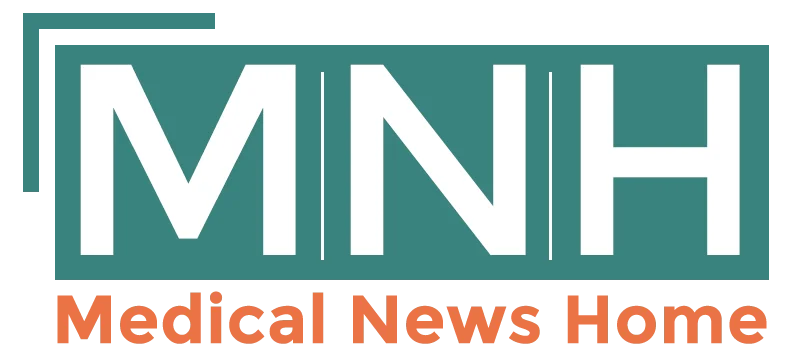Diverse Career Pathways With a Public Health Degree
- Posted on December 21, 2023
- By Vishakha Yadav
- Read 3 minutes

Professionals equipped with a public health degree find themselves at the forefront of transformative change. This article looks into the diverse career pathways available to individuals with a public health degree, highlighting how this qualification can be leveraged to make a significant impact in various sectors.
Tailored for health leaders and industry professionals, the content focuses on the pragmatic application of a public health degree in a range of contexts, from policy making to global health initiatives.
Understanding the Scope of a Public Health Degree
A public health degree, whether it’s a bachelor’s, master’s, or doctorate, offers a comprehensive understanding of health from a population-based perspective. It equips individuals with skills in epidemiology, biostatistics, health services administration, environmental health, and social and behavioral sciences. This multidisciplinary approach is what makes the degree so versatile and valuable.
Career Pathways in Public Health
Health Policy and Management: Graduates can shape health policy, manage healthcare facilities, and contribute to effective healthcare delivery. They can work in government agencies, NGOs, healthcare consulting firms, or as policy advisors.
Epidemiology and Research: Public health degree holders can excel in identifying disease patterns and risk factors, playing a critical role in disease prevention and control. Opportunities exist in research institutions, public health departments, and international health organizations.
Global Health: With a focus on improving health outcomes and reducing health disparities globally, careers in this domain often involve working with international NGOs, global health agencies like WHO, or in humanitarian aid.
Environmental Health: This career path involves assessing environmental risk factors and developing strategies to mitigate their impact on public health. Roles are available in government environmental agencies, public health departments, and private sector companies focusing on environmental health and safety.
Health Education and Community Health: Professionals can focus on developing and implementing health education programs, promoting health literacy, and working on community health initiatives. Employers include public health departments, schools, and community organizations.
Biostatistics and Informatics: This field involves the analysis of health data to inform public health policies and practices. Career opportunities are available in healthcare systems, research institutions, and government agencies.
Public Health Consulting: Graduates can offer expertise to organizations on various public health issues, including program development, policy analysis, and health promotion strategies.
Academia and Teaching: With a higher degree, public health graduates can enter academia, contributing to the education of future public health professionals and conducting research.
The Business Perspective: Integrating Public Health Expertise into Corporate Strategies
Corporate Wellness Programs: Professionals can design and implement wellness programs in corporate settings, enhancing employee health and productivity.
Healthcare Marketing and Communication: Utilizing their knowledge, public health graduates can effectively communicate health-related information, playing a crucial role in healthcare marketing strategies.
Pharmaceutical and Biotechnology Industries: In these sectors, public health expertise is valuable in areas like market research, drug safety, and public affairs.
Emerging Trends and Future Opportunities
The field of public health is continually evolving, with emerging areas such as digital health, health data analytics, and climate change-related health issues providing new career opportunities. Staying abreast of these trends is crucial for health leaders.
The bottom line
A public health degree opens a multitude of doors across various sectors, enabling professionals to contribute significantly to health and wellbeing at both local and global levels. For health leaders and industry professionals, understanding the diverse applications of this degree is key to harnessing its full potential in improving health outcomes and driving innovative health strategies.
Call to Action
Health leaders are encouraged to consider the broad spectrum of skills and knowledge offered by public health professionals and integrate this expertise into their strategic planning to address complex health challenges effectively.
